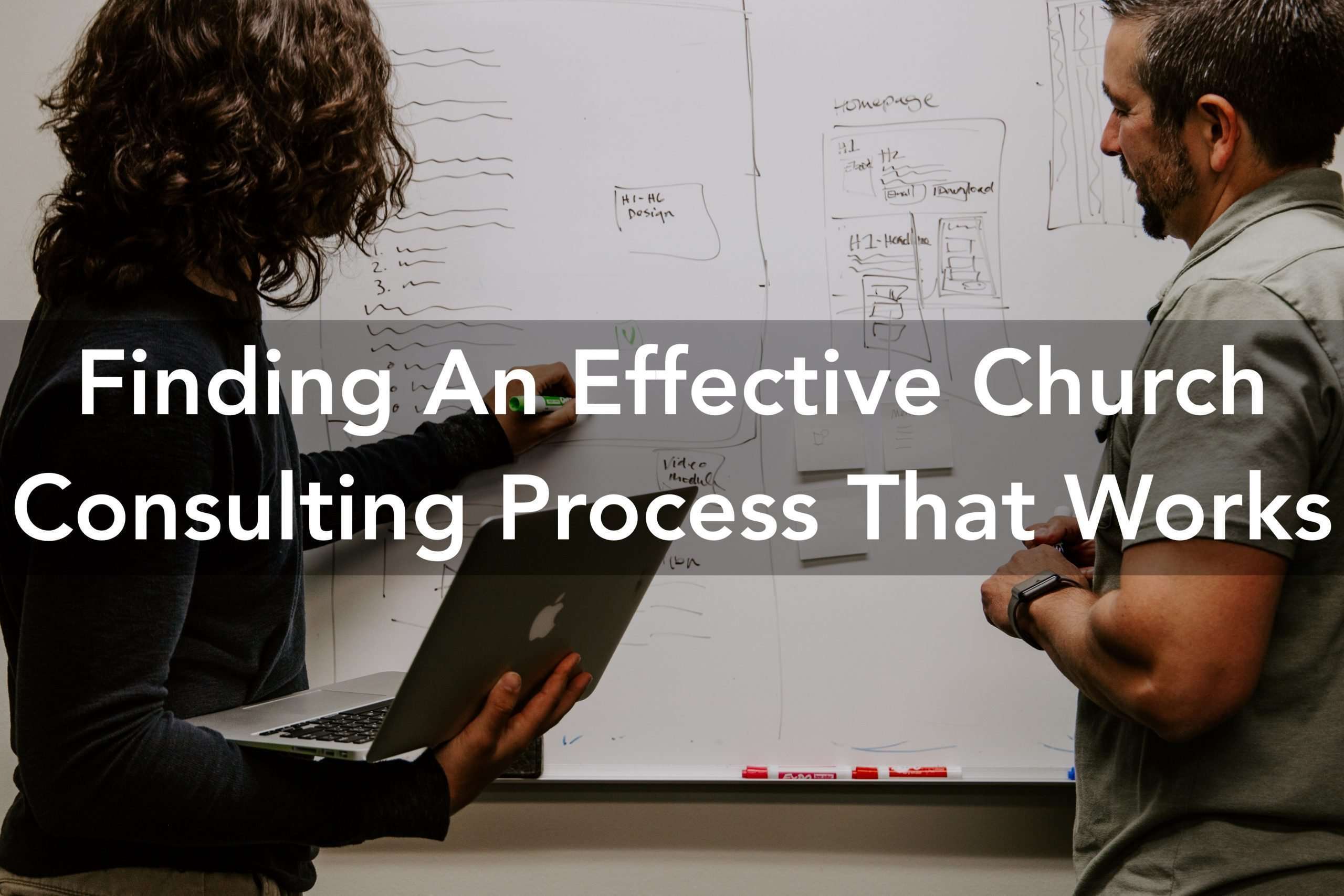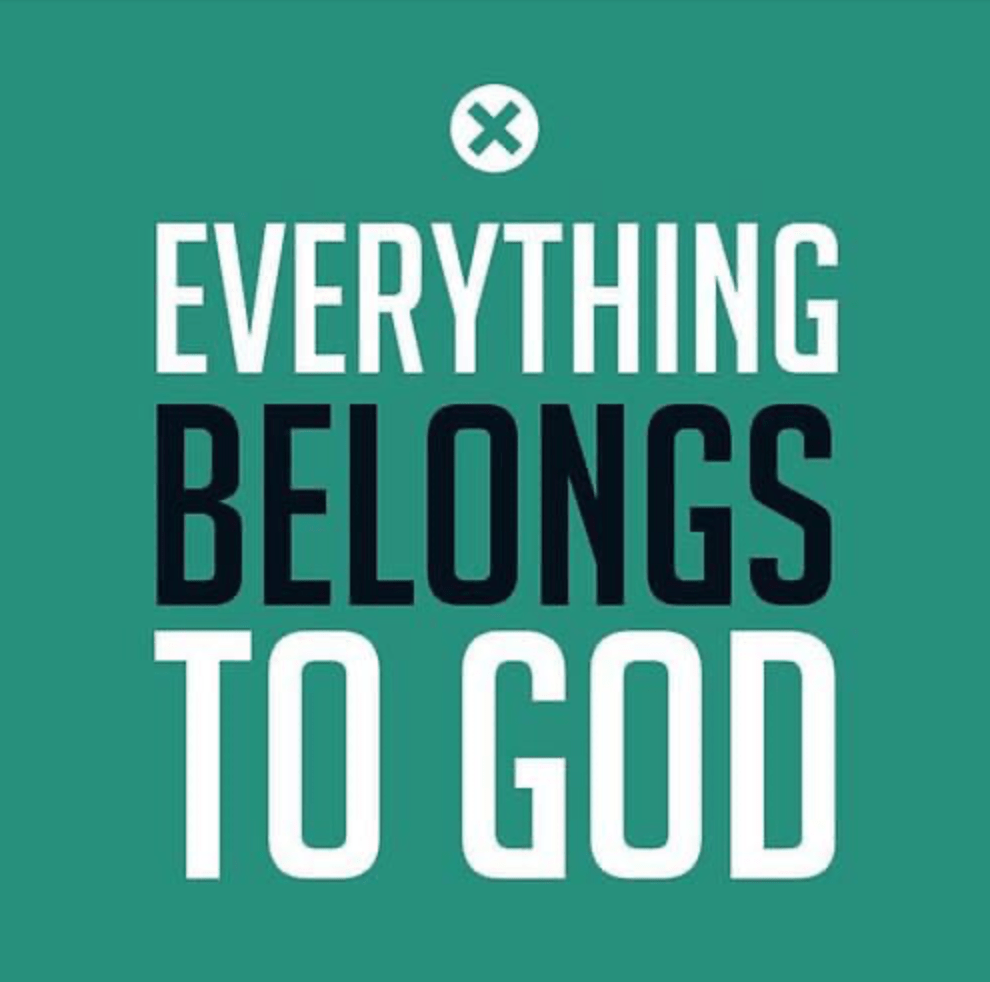There is a lot of confusion out there about the legalities of churches owning businesses. In this blog post, we will clear up any doubt you may have and help you to make an informed decision. From tax laws to ownership structures and more, read on to learn everything you need to know before making your decision. After all, it’s important that your church owns a business in a way that is both ethically and legally sound.
Can A Church Own A Business?
A religious organization can own a business, as long as its conduct is in keeping with religious principles. Religious organizations are allowed to own and operate businesses for a number of reasons, including the following:
-To raise money for religious causes.
-To provide goods and services that are unavailable elsewhere.
-To generate income to support religious activities.
-To provide jobs for members of the organization.
The Benefits Of Owning A Business By A Church
Church-owned businesses can offer a number of benefits to their owners and employees. For starters, these businesses tend to be more stable than their for-profit counterparts, since the church’s main goal is not profit maximization.
Churches also typically have a greater dedication to social responsibility, which can lead to better practices in the business world. Finally, many church-owned businesses are organized around a shared purpose or mission rather than individual profit margins, which can create strong familial ties among employees.
What Types Of Businesses Are Available To Churches?
Many churches are starting their own businesses in order to help support their ministries and outreach. There are a number of types of businesses that churches can start, including but not limited to:
Churches can also partner with other businesses to jointly offer services or products. For example, a church may lease space to a business that sells religious items, and the church may provide administrative support for the business. Churches can also work together with local charities to raise money for specific causes.
The Challenges Of Owning A Business By A Church
There are a few challenges that churches must face when attempting to own and operate businesses. One challenge is that many religious organizations do not have the same level of experience in business as secular organizations, which can lead to inefficient operations.
Additionally, church leaders may struggle with balancing their religious beliefs with the demands of running a business. Churches also often lack the financial resources to invest in a successful business venture, which can put them at a disadvantage compared to secular businesses.
Can Churches Own Businesses?
Some churches believe that they can own businesses, while others maintain that this is not permissible. The Bible does not explicitly prohibit a church from owning a business, but some theologians argue that it would be wrong for a church to engage in commercial activities because they are inconsistent with its spiritual mission.
Some churches have chosen to invest in businesses that align with their religious values and mission, while others have chosen to focus on nonprofit organizations. Overall, there is no definitive answer as to whether or not churches can own businesses.
The Purposes Of A Church Owned Business
A church owned business can have many purposes, including providing a source of income for the church and helping to fulfill the Church’s Mission. A church-owned business can also be helpful in training Church members in business skills and developing a sense of stewardship within the congregation.
When considering whether or not to establish a church-owned business, it is important to consider the theological implications of doing so. Churches should always aim to follow Christ’s teachings, and if a business follows these same teachings, then it can be considered a “church owned” business. For example, churches should operate with honesty, integrity, and charity in mind. If these principles are upheld by the ministry staff and Board of Directors, then it would be appropriate for the ministry to own the business.
Many times when churches decide to own their businesses, they seek outside counsel on how best to proceed. This consultation is often vital in ensuring that a church’s motives are pure and that its intentions are good. In some cases, outside advisors may be necessary in order to protect the interests of shareholders or employees from any conflict of interest that may arise from being affiliated with a religious organization.
Legal Considerations For Churches Owning Businesses
When considering whether or not a church can own a business, there are a few legal considerations that need to be taken into account. Generally speaking, any business owned by a church must meet certain tax and financial requirements in order to stay compliant with law. Additionally, churches must always adhered to the doctrines of their religion when conducting business operations.
However, there are some exceptions to these general rules. For example, some states allow churches to operate businesses as nonprofit organizations. In these cases, the church is exempt from many of the taxes and regulations that would apply if it were an ordinary business.
Overall, whether or not a church can own a business depends on a variety of factors specific to that particular case. It is important to consult with an experienced legal counsel before making any decisions about owning or operating a church-owned business.”
As with any legal matter, it is important to consult with a lawyer if you are considering owning or operating a business in church. There can be many potential pitfalls and complexities involved in such an endeavor, and it is best to have someone on hand who can help navigate the legal waters. If you are at all unsure about whether or not owning or operating a business in church is right for you, speak with an attorney before making any decisions.






